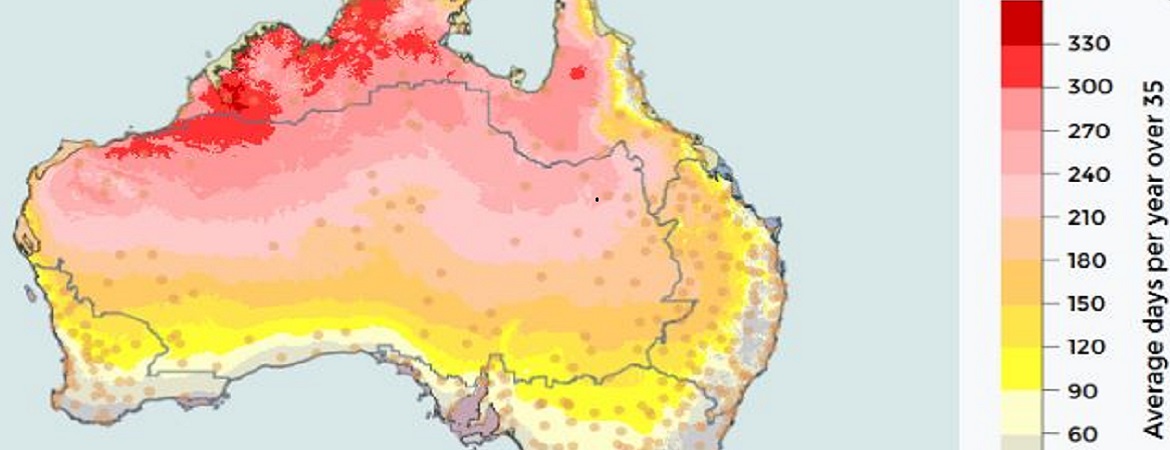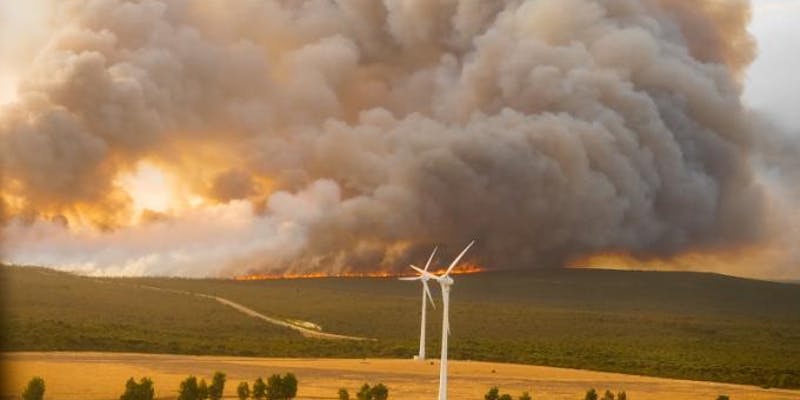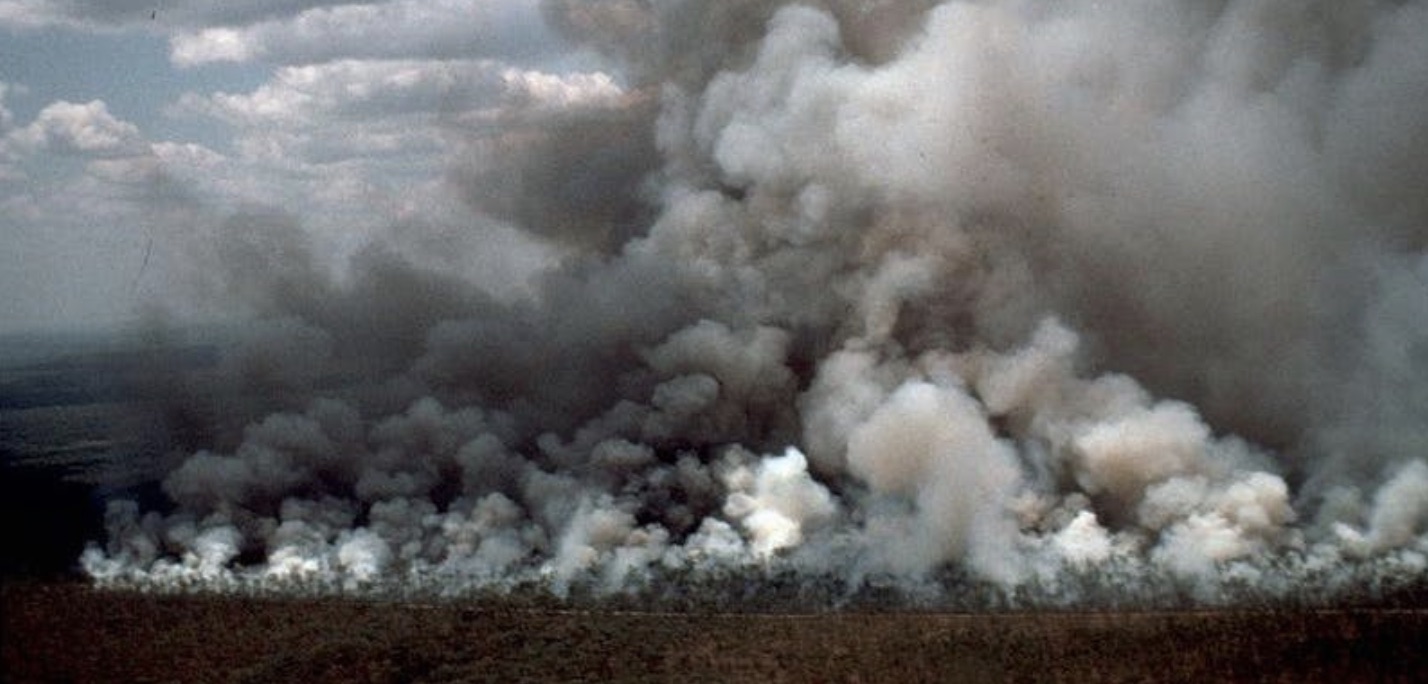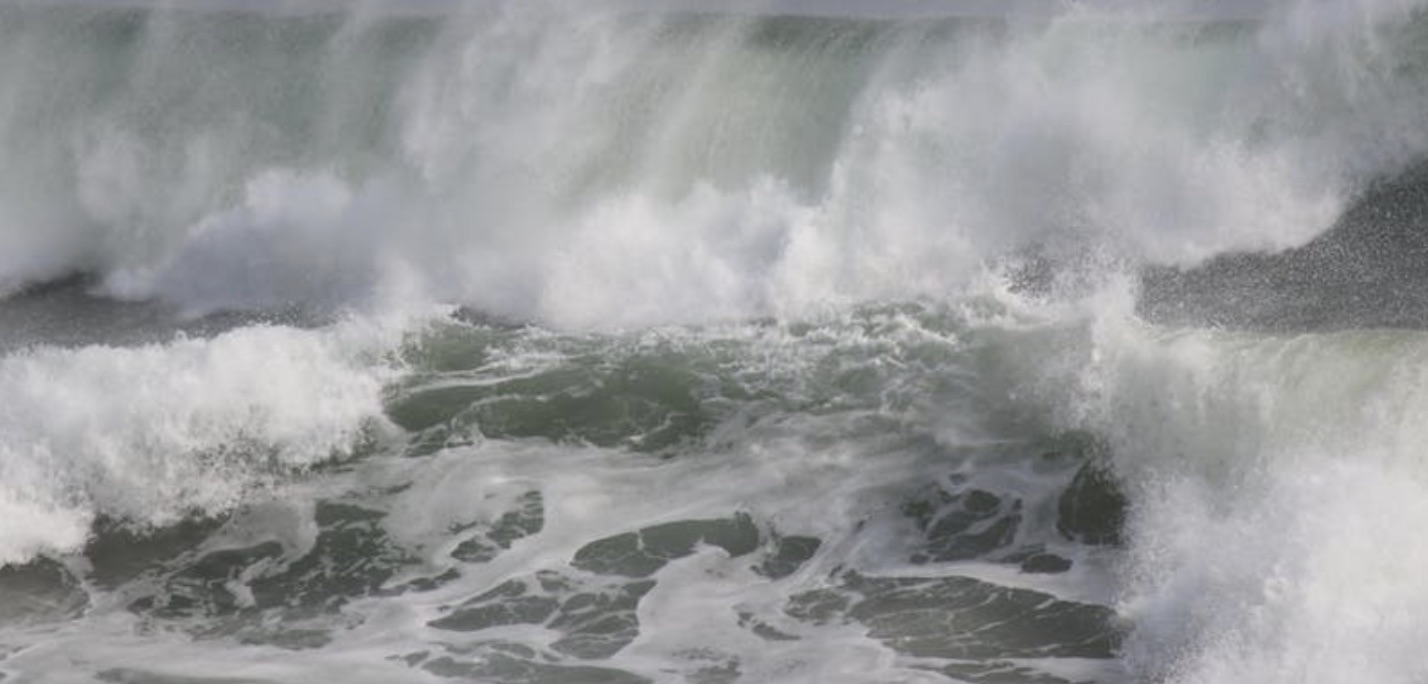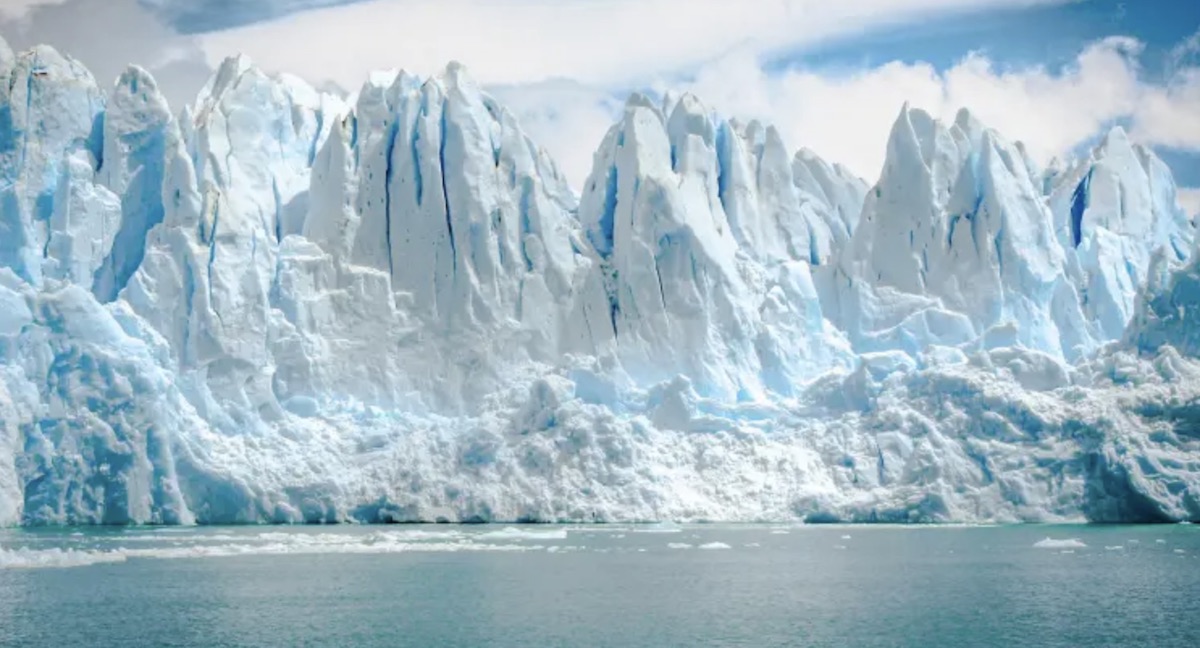John Clarke (CSIRO): Climate Thresholds: an easy way to explore future climate extremes
NESP Webinar OnlineIn this webinar, John Clarke will provide a demonstration of how to use the newly released Thresholds Calculator v2.0 to estimate the frequency of future hot, cold, wet and dry extremes under different emissions scenarios.

